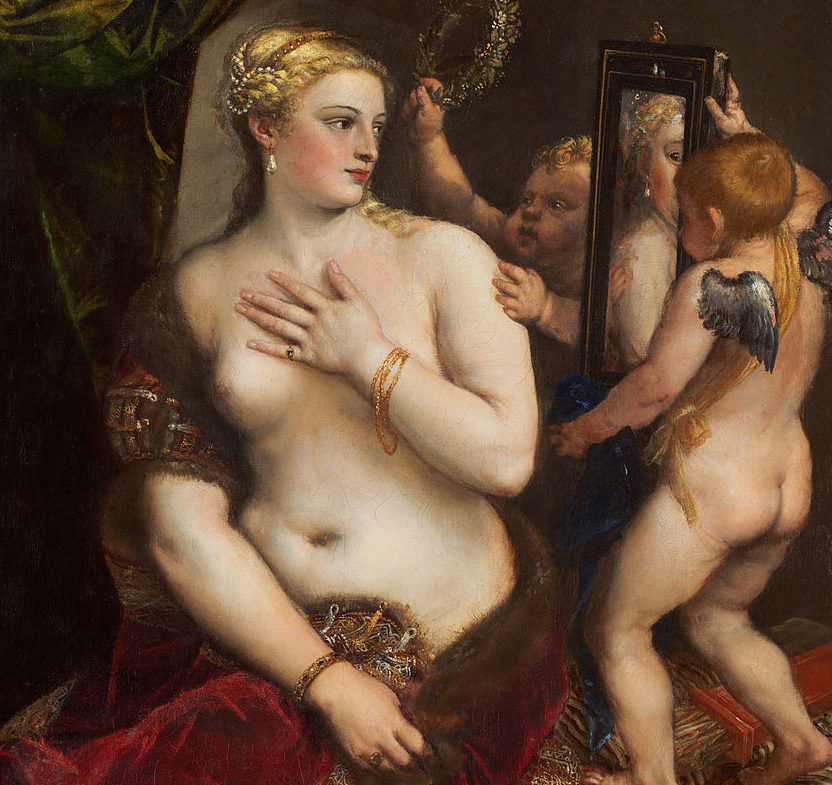On 17th December, microblogging site Tumblr banned ‘explicit sexual content and nudity’. This ban marks the end of a process of sanitisation of the site that began when it was bought by Yahoo in 2013, and the beginning of the end of Tumblr as a safe space for LGBTQ+ people, women, artists, and sex workers.
When Yahoo bought Tumblr in 2013 for a hefty $1.1 billion (including liabilities), the company were buying into millennial counter-culture before the rest of the world had realised what mainstream millennial culture was. Tumblr was, and in some ways still is, the home of devoted fangirls (and a few fanboys) producing reams of content inspired by countless books, TV shows, and films. This aspect of Tumblr is unlikely to change much in the wake of the site’s recent ban of adult content: GIFs and edits that don’t feature nudity or sex will be unaffected, as will written erotica.
This is where the Tumblr Staff’s vision of ‘a better, more positive Tumblr’ starts to crack. Visual material featuring explicit sex scenes will no longer be allowed to be shared on the site, limiting the extent to which fans can appreciate their favourite shows and films: they can no longer share and create art featuring sexually explicit content that, in most cases, they have already seen. Moreover, such content was already automatically hidden for all users with Safe Mode (introduced in 2017, and nearly impossible to disable), as was other adult content. This should have been enough to keep such content hidden from minors and those who did not want to see it.
Look a little deeper into the semantics of the ban and its real targets appear. This ban was introduced to ‘keep the community as safe as possible’. This explanation was the ‘tl;dr’ form of the fact that Tumblr was removed from the App store, after its filters proved ineffective at stopping child pornography. This is an oversight that should not happen on a site as big as Tumblr, and indeed does not happen on other social media platforms.
The removal of the Tumblr app from the App Store was probably the final straw, not the only reason behind the ban. Tumblr was one of the few places on the Internet where sex workers could practice their trade following an amendment to US legislation that held the owners of websites liable for the facilitation of sex work on their sites, and the site had a massive pornbot problem. Anyone with a Tumblr account probably had several pornbots following them. A blanket ban on all adult content was the easy way to cull the pornbots and protect the owners of Tumblr (now Verizon, who bought Yahoo in June 2017) from the legal consequences of sex workers operating on the site.
This all points to neglect of the site by its new owners, heavy reliance on algorithms and not enough real, human moderation.
Tumblr staff revealed the ban’s more sinister side, however, through the actions they took in the two weeks between the ban being announced and it being enforced. In those two weeks, content in the queer and LGBTQ+ tags was being automatically flagged as NSFW. For decades LGBTQ+ people have been trying to show a cis and heteronormative society that their experiences of gender and sexuality are not inherently perverse and degenerate. Tumblr was a space where LGBTQ+ people could feel safe and had created communities in which they could explore their gender and sexuality away from such judgements. That space no longer exists. Tumblr staff have shown that they perceive any LGBTQ+ content as inappropriate simply because it is LGBTQ+, whether it is sexually explicit or not.
Whilst it is now more difficult for LGBTQ+ people to find content on Tumblr that validates and celebrates their identity, nothing has been done to tackle the growing neo-Nazi presence on Tumblr. Blogs that share overtly racist and violent content have been untouched by this ban, and another recent change in Tumblr’s community guidelines that allowed all hate speech to be reported, which they took the pains to defend against claims of ‘censorship’: ‘we are fierce defenders of free expression’, does not seem to have hindered the growth of this side of Tumblr at all.
Worst of all, the announcement and wording of the ban show what Tumblr is becoming. Setting aside the blatant misogyny apparent in the fact that ‘female-presenting nipples’ are no longer allowed to be shown in a sexual context on Tumblr, the phrase suggests that Tumblr’s ineffecient moderating team are to decide whose nipples are female and whose are male. As a result, they become the gatekeepers of trans identities on Tumblr. Not only that, but the same moderators who have already decided that LGBTQ+ content is innately inappropriate have also been given the power to decide which instances of nudity are politically, medically, or artistically significant, and which are not.
The Tumblr that gave LGBTQ+ youth access to pornographic content made by and for people like them, the vocabulary that allowed them understand and vocalise their identities, and a community they could find friends and role models within, is dead. In the words of an executive who left the site last year, “Nobody at Yahoo ever understood what they bought and what Tumblr was. That fundamental issue is the core of lots of problems.” This ban, and the effect it is having on marginalised communities who have nowhere else to go, is the final result of that misunderstanding. Tumblr was never a neat, conformist platform like Instagram or Facebook. Banning adult content cannot change that and all Tumblr can do now is cling onto those users who don’t know where else they can take their content.



